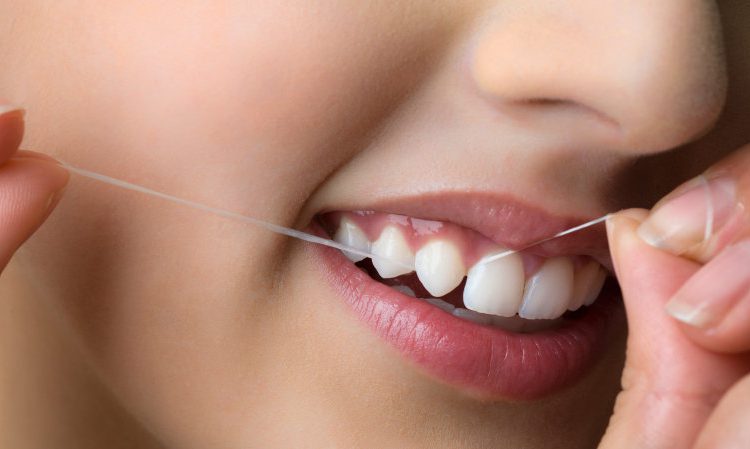
Despite a major in-depth investigation in the U.S. that found little evidence flossing prevents cavities and gum disease, dentists in Canada and the U.S. are standing by the daily oral hygiene practice.
But could flossing — a practice recommended by dentists and dental associations around the world for years — really be worthless?
Not so fast says Scott Tomar, professor and chairman of the department of community dentistry and behavioral science at the University Of Florida College of Dentistry.
“It comes as no surprise to most of us in the dental public health community,” Tomar told Global News. “We have known for years that there just aren’t a lot of studies, and those that are out there are either relatively small or short term studies.”
Indeed, the AP found that most of the studies it examined involved too few test subjects, used outdated methods, or did not last long enough.
Tomar said it would be extremely difficult to complete a high-quality, long term study on the effects of flossing because it would be too expensive and require a large, diverse number of people over a number of years
“A randomized control trial looking at disease ends points in dental care like tooth decay on the surfaces in between teeth, or periodontal diseases would be incredibly large and expensive studies to do,” he said. “The slow progression of those conditions would mean you would have to follow a fairly large number of people for three to five years.”
Tomar also said he was “skeptical” that The National Institutes of Health — the U.S. agency responsible for biomedical and health-related research — or private companies would step in to fund the research.
“I don’t think we are going to see the major manufacturers of dental floss pay to do this,” he said.
And despite the AP report, Tomar said he still recommends flossing and there is pretty good evidence it’s effective at removing debris and plaque.
“There are short term studies that show that regular flossing reduces the prevalence of gingivitis,” he said. “One thing worth bearing in mind is the absence of evidence is not equivalent to the absence of effectiveness.”
Natalie Archer, former vice-president of the Royal College of Dental Surgeons of Ontario, said while she hasn’t examined the studies in the AP report, she will keep advising patients to floss and keep flossing herself.
“I would probably bet there isn’t a dentist or [dental] hygienist out there who doesn’t floss their own teeth,” Archer told Global News. “We see patients for years, and if anyone is going to see the long-term benefits [it’s us]. It’s that flossing works.”
The Canadian Dental Association (CDA) also continues to support flossing as “one step of maintaining healthy teeth and gums.”
“Flossing is an effective preventative measure to remove plaque, the main cause of gum disease,” the CDA said in an email to Global News.
“The weakness of the evidence supporting the value of floss in the prevention of gum disease is a reflection of the difficulty of conducting the necessary studies, not of the value of flossing for the maintenance of good oral health.”
The American Academy of Periodontology (AAP) also acknowledged there is a problem with research on flossing, but encouraged patients to keep flossing.
“In the absence of quality research, patients should continue to include flossing as a part of their daily oral hygiene habit,” the AAP said.
Archer said floss remains the most effective, economical tool for cleaning between your teeth.
“Your mouth is your primary portal to your body. If you can’t keep it clean, all that bacteria is going through the rest of your body,” she said. “Having good bacteria in the mouth versus a lot of a bad bacteria…it affects our gut flora, everything.”
*With files from The Associated Press


